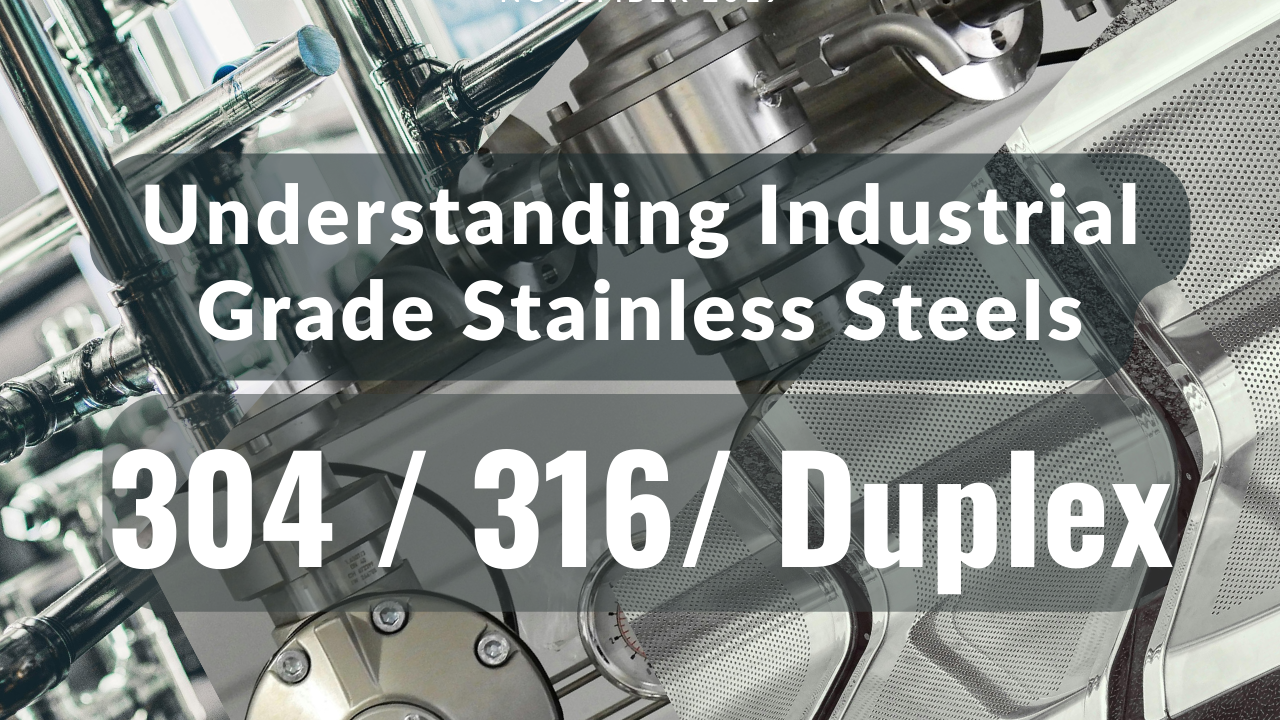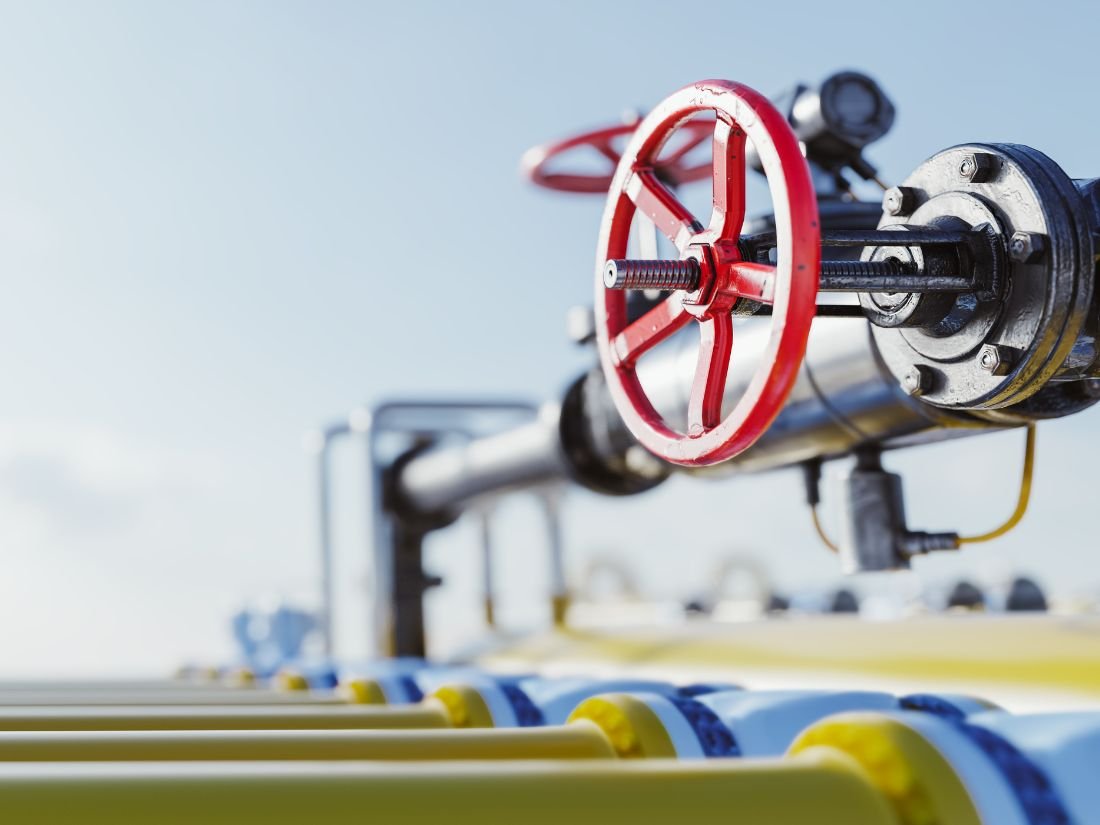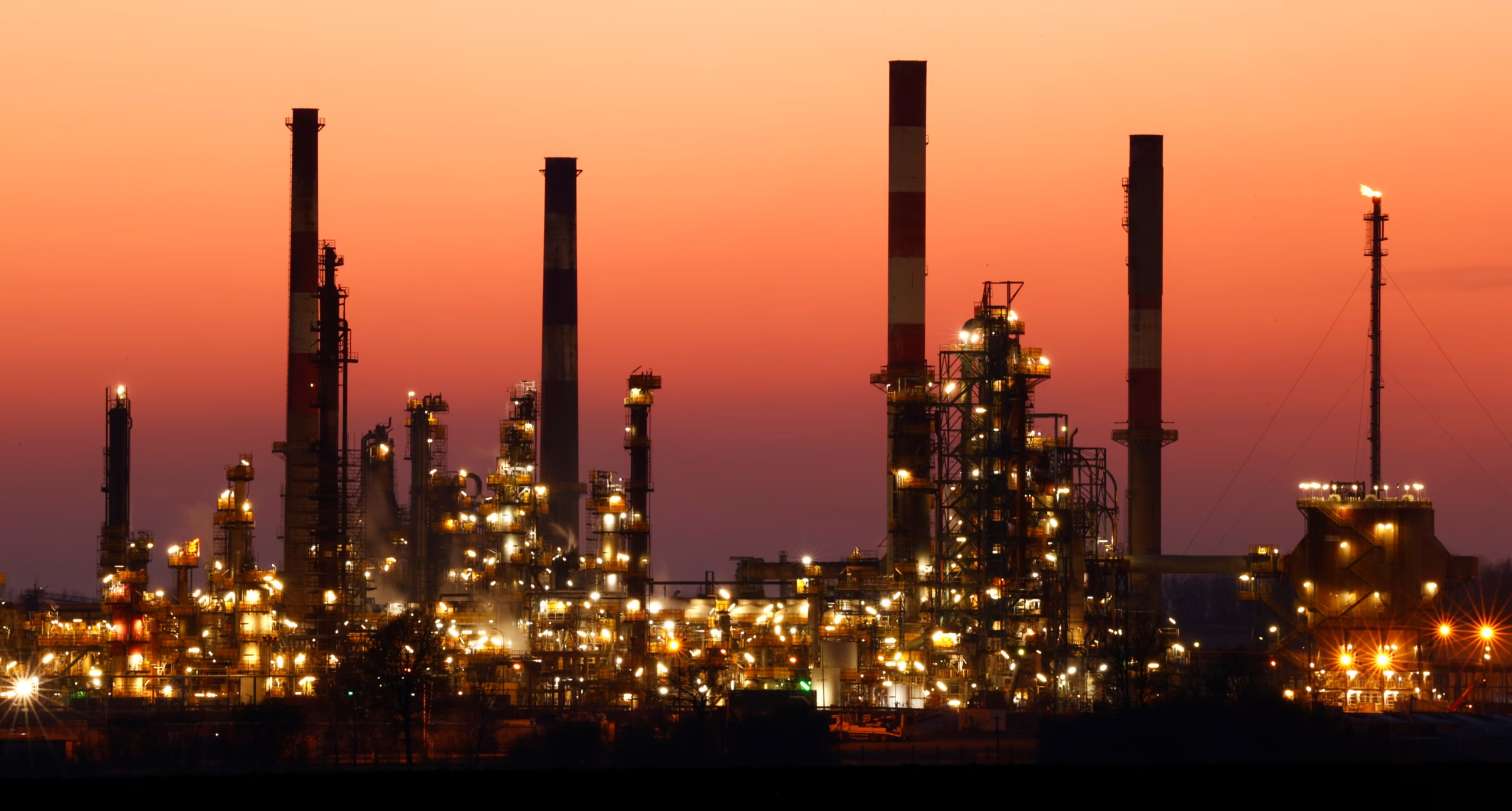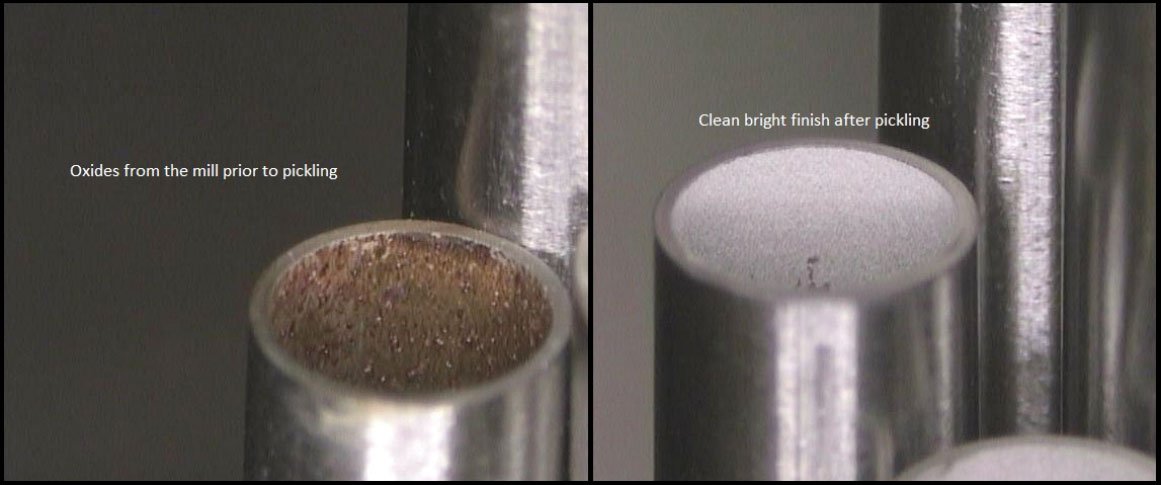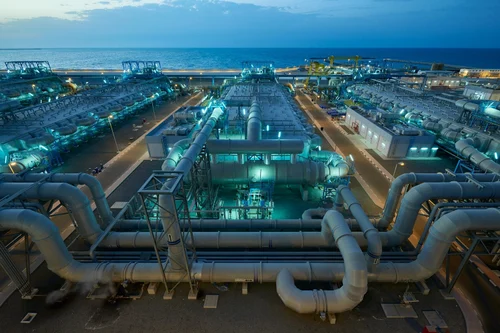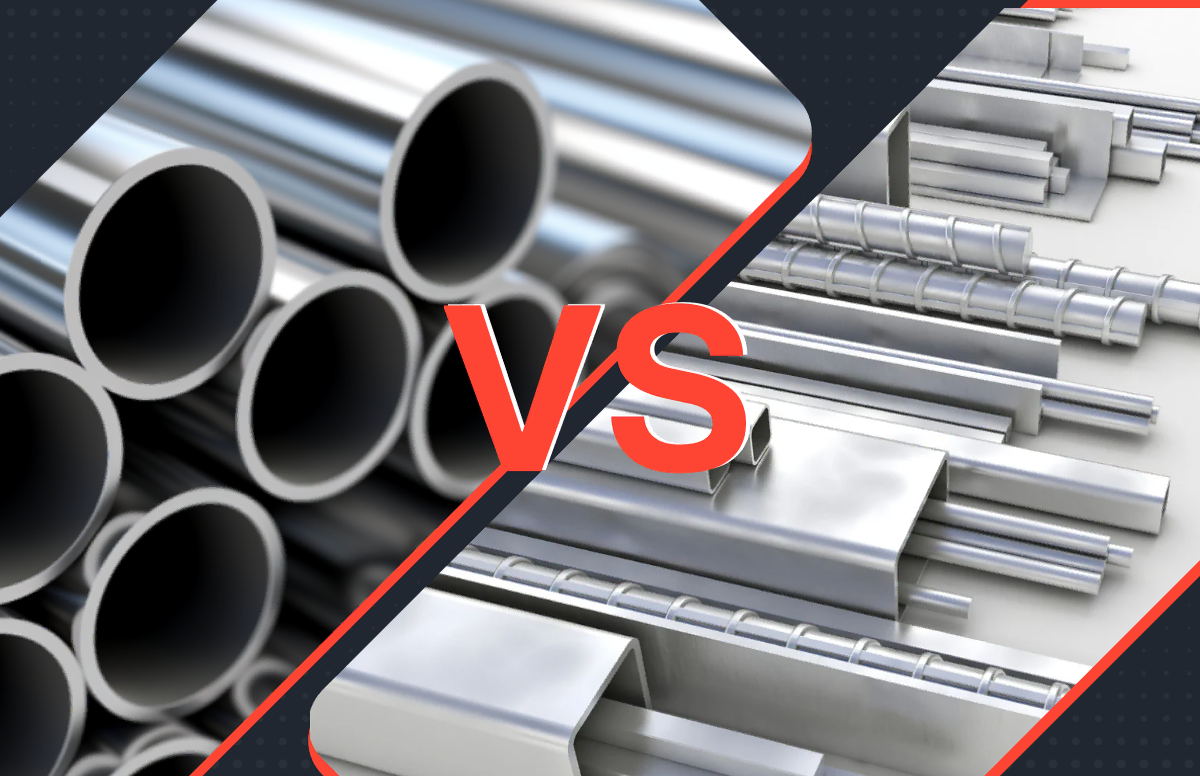Why Seawater and Desalination Systems Require Specialized Tubing
Seawater contains high concentrations of chlorides, which are extremely aggressive toward most conventional stainless steels. In marine environments or desalination plants, tubes are exposed to continuous flow of saline water, biofouling, crevice conditions, and temperature fluctuations.
To ensure long service life and avoid premature failure due to pitting, crevice corrosion, or stress corrosion cracking (SCC), it’s essential to use chloride-resistant stainless steel or nickel alloy tubes engineered for such environments.
Recommended Tubing Grades for Seawater & Marine Use
1. 316L — Basic Marine-Grade Tube (Limited Use)
- Acceptable for intermittent or low-chloride environments
- Not suitable for warm, stagnant seawater or high-chloride brines
- Requires regular maintenance and cleaning
2. Duplex S31803 / S32205 — Cost-Effective Corrosion Resistance
- Excellent pitting and crevice corrosion resistance in seawater
- Higher strength and better fatigue resistance than austenitic grades
- Common in seawater piping, offshore firewater lines, and brine loops
3. Super Duplex S32750 / S32760
- PREN > 40, highly resistant to localized corrosion and SCC
- Ideal for desalination plants, heat exchangers, marine exhausts, and ballast systems
- Long service life in high-pressure and high-temperature brine conditions
4. 254SMo / 6Mo Alloy Tubing
- Super austenitic stainless steel with high molybdenum (≥6%)
- Outstanding resistance to chlorides and acidic seawater environments
- Used in desalination evaporators, marine condensers, chlorine dosing systems
5. Nickel Alloys (625, C276)
- Ultimate resistance to aggressive seawater and biofouling
- Applied in subsea umbilicals, seawater injection systems, and offshore risers
- High cost but unmatched long-term performance in extreme marine settings
Key Tubing Selection Criteria for Marine & Desalination Systems
| Parameter | Engineering Significance |
|---|---|
| Pitting Resistance Equivalent (PREN) | Indicates ability to resist localized chloride attack |
| Crevice Corrosion Resistance | Essential in flanged or gasketed zones of cooling systems |
| Strength vs. Weight | Impacts wall thickness, fatigue life, and installation weight |
| Weldability & Fabrication | Affects corrosion behavior in the heat-affected zone (HAZ) |
| Standards Compliance | ASTM A790, ASTM A312, ASTM B444, EN 10216-5, NORSOK MDS D45 |
Global Marine & Desalination Trends (2025 Update)
- Middle East leads global desalination investment; S32750 and 254SMo tubes dominate new SWRO plants
- Offshore platforms upgrading firewater and brine reject systems to duplex or super duplex tubing
- Coastal LNG terminals and shipyards in Southeast Asia and Latin America are shifting toward C276 and 625 alloy tubing in risers and umbilicals
DLSS Technical Insight
“Many clients assume 316L is ‘marine grade,’ but it cannot survive in warm or static seawater. We guide EPCs and system designers to select duplex or 6Mo alloys with proper wall thickness, welding specs, and NDT procedures to ensure safety and durability.”
— DLSS Marine Projects Team
Frequently Asked Questions (FAQ)
Q1: What’s the best tube grade for seawater cooling in a desalination plant?
S32750 or 254SMo are ideal due to their high pitting resistance and long-term corrosion performance.
Q2: Can I use duplex stainless steel in offshore platforms?
Yes. S32205 and S32750 are widely used in offshore risers, firewater systems, and seawater injection lines.
Q3: When should I choose nickel alloy tubing over duplex?
In high-temperature brine, high-salinity static seawater, or if there’s strong acid exposure—use Alloy 625 or C276.
Conclusion: Build for the Ocean with Corrosion-Proof Tubes
In seawater, failure isn’t an option. DLSS delivers stainless and nickel alloy tubes that perform in the world’s harshest marine conditions. Whether you’re building a desalination plant, offshore FPSO, or coastal cooling system, we help you select and supply corrosion-resistant tubing built to last.
Our marine-grade tubes meet global codes, pass third-party NDT, and offer peace of mind even in deepwater or high-pressure chloride service.



